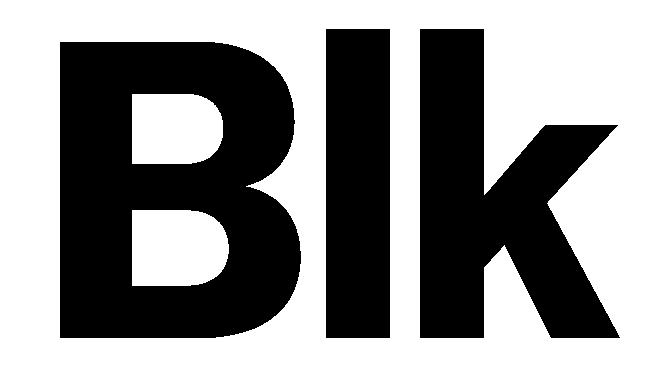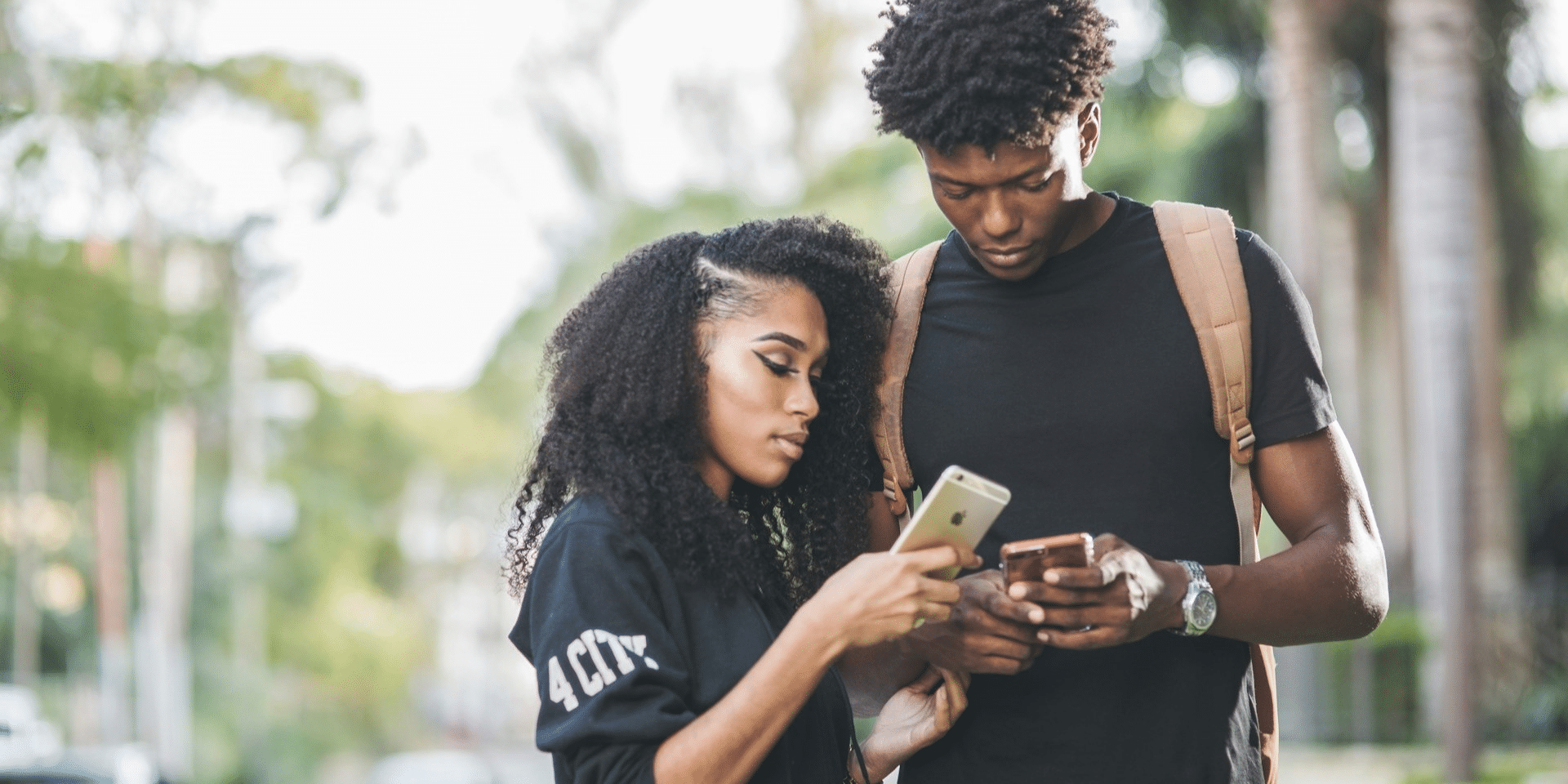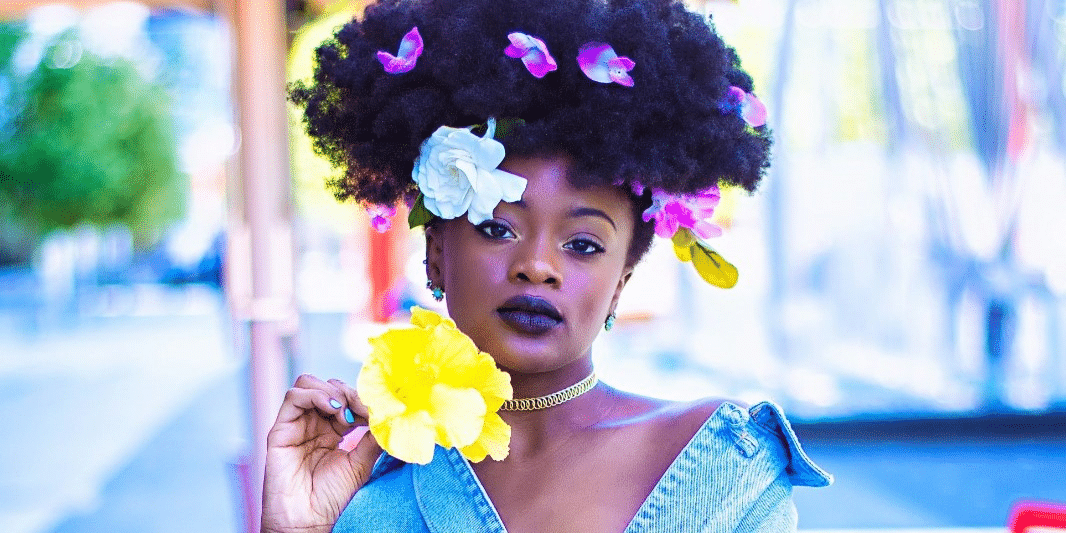Black music has undeniably shaped the soundscape of popular music. From the soulful croons of blues to the rhythmic beats of hip-hop, Black artists have consistently pushed boundaries and redefined genres. Yet, despite their undeniable talent and cultural influence, Black artists still face a multitude of challenges when trying to break into the mainstream music industry.
The Gatekeepers: Lack of Representation
The music industry, much like many other creative fields, suffers from a lack of diversity at the decision-making level. A 2022 study by USC Annenberg Inclusion Initiative found that only 14.1% of executives at major record labels are Black. This lack of representation creates a significant hurdle for Black artists.
Imagine trying to convince a room full of people who might not understand your upbringing, the influences that shaped your sound, or the nuances of your culture to take a chance on you and your music. This can lead to situations where Black artists are passed over for opportunities or pigeonholed into stereotypical genres that don’t fully represent their talents.
Furthermore, because Black artists are less likely to see themselves reflected in positions of power, it can be difficult to navigate the industry and build the kind of relationships that can lead to success.
Genre Stereotypes and Invisibility
Black music, in all its richness and diversity, often gets confined to narrow boxes. An R&B singer might be told their sound is “too soulful” for mainstream pop audiences, while a rapper might be pressured to incorporate a more “gangster” image into their act. This stifles Black artists’ creative freedom and limits their ability to reach broader audiences.
Genres like hip-hop, for example, are often stereotyped as inherently angry or violent, despite the vast sonic and thematic diversity within the genre. This not only reduces complex musical movements to one-dimensional caricatures but also discourages labels and radio stations from promoting Black artists who don’t fit the mold.
Furthermore, Black artists who don’t subscribe to these stereotypes or experiment with genre-bending sounds often find themselves overlooked entirely. “There’s a constant invisibility for Black artists who experiment with genre,” says a recent article in The Atlantic. This invisibility not only stifles artistic growth but also limits the exposure Black artists receive, making it difficult for them to build a fanbase.
A visionary artist like Janelle Monae, who seamlessly blends elements of R&B, funk, and psychedelia, might struggle to get radio airplay because her music defies easy categorization.
Financial Hurdles and the Indie Hustle
The music industry is expensive. From recording high-quality demos to producing music videos and booking tours, the costs can quickly add up. Black artists, who are more likely to come from socioeconomically disadvantaged backgrounds, often lack access to the financial resources needed to compete with their white counterparts. This can force them to rely on predatory deals from record labels or take on significant debt just to get their foot in the door.
In recent years, there’s been a rise of Black artists choosing the independent route. Platforms like social media and streaming services have given them more control over their music and the ability to connect directly with fans. However, going independent requires a different skillset – marketing, branding, and navigating the complex world of online promotion. While independence offers more freedom, it also comes with a whole new set of challenges.
The fight for Black artists to be heard and valued in the music industry is an ongoing one. However, Black artists are resilient and resourceful. By continuing to push boundaries, create innovative music, and build strong communities, they are paving the way for a more inclusive future in the music industry.







